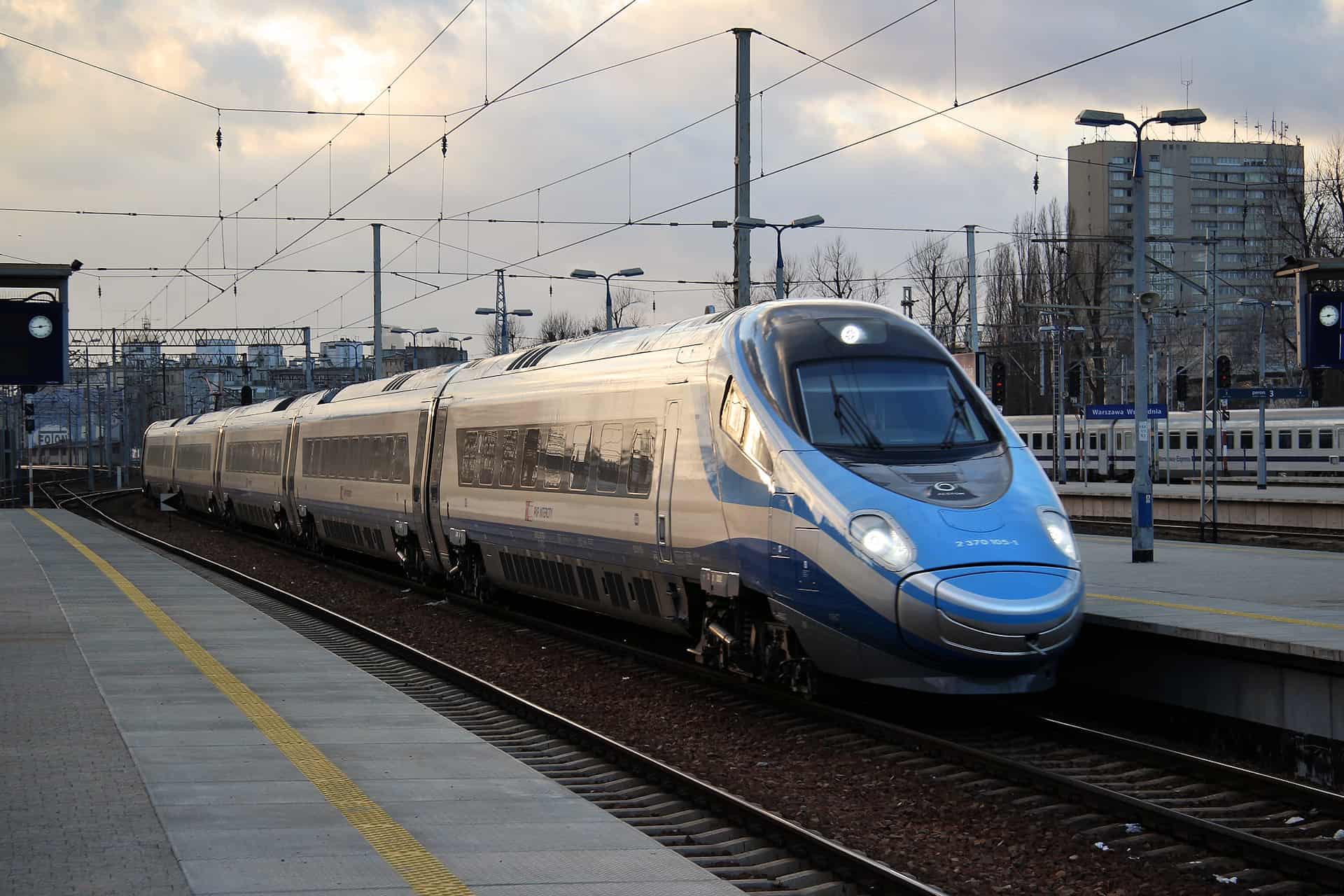With climate commitments temporarily on the backburner, expanding sustainable and affordable transport options will be crucial in tempering high fuel costs while accelerating the green transition.
While the climate agenda in Europe has gained significant momentum in recent years, fossil fuels are making a dramatic comeback. With European energy markets in a downward spiral since Russia’s invasion of Ukraine, Germany’s Red-Green dominated coalition swiftly revived four coal plants to secure electricity supply during the winter, while having fought tenaciously against extending nuclear power use for another few months.
And Germany is not alone: across the continent, countries such as France and Austria are equally mobilising decommissioned fossil fuel power plants to weather the looming “winter of discontent.”
Although this reversion to coal is presented as a short-term step as Europe kicks its addiction to Russian oil and gas, French President Emmanuel Macron has rightly warned that the energy crisis “must not make us lose our way.”
With climate commitments temporarily on the backburner, expanding sustainable and affordable transport options will be crucial in tempering high fuel costs while accelerating the green transition, with a transformation of Europe’s rail networks particularly well-placed to drive the necessary change.
As European Commissioner for Transport Adina Vălean has highlighted, “rail is one of the most sustainable modes of transport we have,” yet one that is severely underused, with cross-border train trips comprising a meagre 7% of rail kilometers travelled in Europe.
Given that transport is the only sector in Europe whose greenhouse gas (GHG) emissions have risen since 1990 – with road transport driving the lion’s share of a 7% increase in emissions – train travel has massive potential to progress Europe’s low-carbon journey.
Enhanced rail networks will be crucial in accelerating the shift away from high-emitting road transport and reaching European Green Deal targets, namely carbon neutrality by 2050. According to the OECD’s International Transport Forum (ITF), ambitious sustainable transport interventions, including high-performing railways linking urban and rural areas, can help slash non-urban transport emissions by over 70% relative to 2015 levels, which is essential considering the ITF projection that this sector will account for over 93% of overall transport emissions by mid-century.
Beyond decarbonising transport, investment in rail infrastructure is vital in driving sustainable economic growth. According to a recent Deloitte study, every euro invested in rail networks generates nearly 3 euros for the national economy. This investment will be key in boosting emerging economies in Central and Eastern Europe (CEE), providing the sustainable transport infrastructure needed to bolster competitiveness, facilitate business operations and attract investment in the region, while strengthening trade links to the rest of Europe.
Indeed, the CEE region is set for a major overhaul of its sustainable transport network in near future. This is exemplified by the RailBaltica project, a planned 870 km long railway connection between the capitals of Lithuania, Latvia, Estonia and Warsaw. Equally importantly, it’s an unambiguous statement of the Baltic states’ firm commitment to the West and a concurrent decoupling from their Soviet past.
Meanwhile, Poland’s Solidarity Transport Hub, known by its Polish acronym CPK, will transform domestic and regional travel by integrating what will be the region’s largest airport and transport hub with a historic railway expansion. This development – which is expected to serve 40 million passengers per year, eventually reaching 65 million by 2060 – will deliver roughly 2,000 kilometers of new, primarily high-speed train lines along 12 routes, 10 of which will provide cities across Poland’s rapid links to Warsaw and CPK.
CPK’s strategic importance and decarbonisation benefits have made CPK a top priority for Warsaw. The hub will act as a “gateway” linking Poland and the region to the rest of the continent, boosting CEE’s investment attractiveness and driving regional economic growth. Crucially, CPK capitalises on Poland’s strategic geographic location at Europe’s crossroads to bolster East-West and North-South low-carbon transport links, which is expected to facilitate trade and enhanced job access for rural communities.
From a sustainability perspective, this is helping to decarbonise the car-heavy transport sector and is expected to vastly reduce the need for domestic flights in Poland, as most connections will be accessible by high-speed rail – with long-term and tangible carbon emissions reductions to boot
With rolling out rail infrastructure already underway, equally important are measures to incentivize broad public take-up of this mode of transport.
Over the summer, Germany trialed an attention-grabbing policy to address the high prices and ticketing system complexity that discourage passengers from train travel. During this three-month experiment, riders had access to all local and regional trains (and buses) with a single, €9 monthly ticket, which attracted many new citizens across the country to use public transport.
But while this initiative was highly successful in boosting demand, severe overcrowding and delay issues exposed the system’s inability to cope with passenger surges.
For this reason, authorities must ramp up investment in rail network capacity and modernisation to absorb passenger increases sustainably and comfortably. The European Commission has had an active year in this area, approving Cohesion Fund investments of over €80 million in eastern Hungry and €110 million in Western Bulgaria to modernize railways in these regions. Both projects will provide rural communities fast, efficient and sustainable transport links to their respective capital cities.
Finally, an old, but remerging solution will be key in unlocking the full potential of enhanced cross-continental rail networks: night trains. While they had fallen out of favour in recent decades, Europe’s sleeper connections are on the rise, with innovative start-ups like Nightjet and European Sleeper offering significantly improved customer experiences that make long-distance, sustainable travel a comfortable, convenient and affordable option.
As the war in Ukraine and the energy crisis deteriorate, the European climate agenda looks to be stalled for the immediate future. While Europe’s governments have a responsibility to protect citizens and businesses through the harsh winter to come, leaders must not let the energy crisis compromise the continent’s long-term green transition.
By accelerating the expansion of Europe’s rail networks and connectivity while attracting high passenger numbers, government and private actors can help keep Europe’s climate agenda on track.
Image credit: Krzysztof D./Flickr
This story first appeared on Sustainability Times
© 2022 Sustainability Times.
This article is licensed under a Creative Commons Attribution-ShareAlike 4.0 SA International License.












